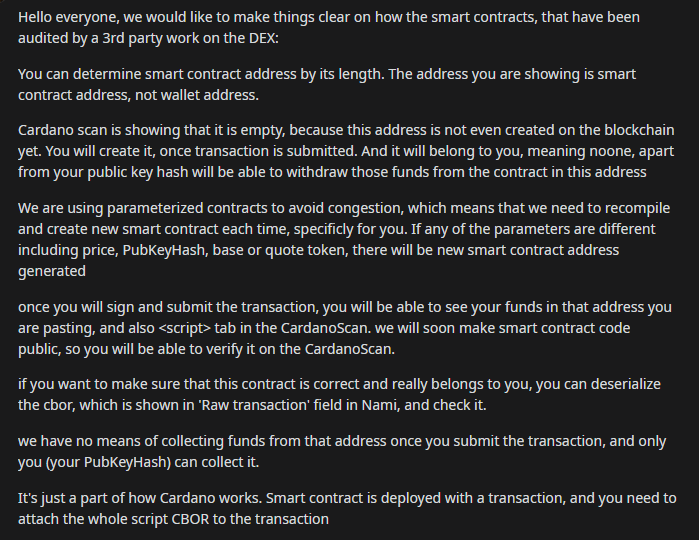In the auction example (Class 2), the endpoint for Grab just only requires the Wallet as parameter. The wallet and the validator will retrieve all UTxOs for that wallet that are available (past their deadline).
In class 3 example, now there cannot be a grabAll endpoint because the deadline is a parameter, so I did not see a benefit in this approach, please enlighten me.
Can you please provide more examples where this is actually useful?
